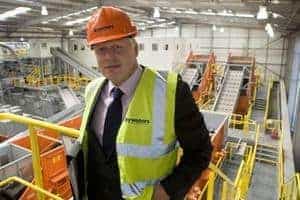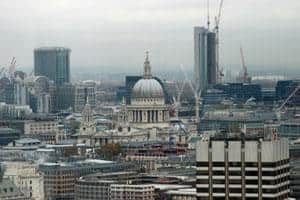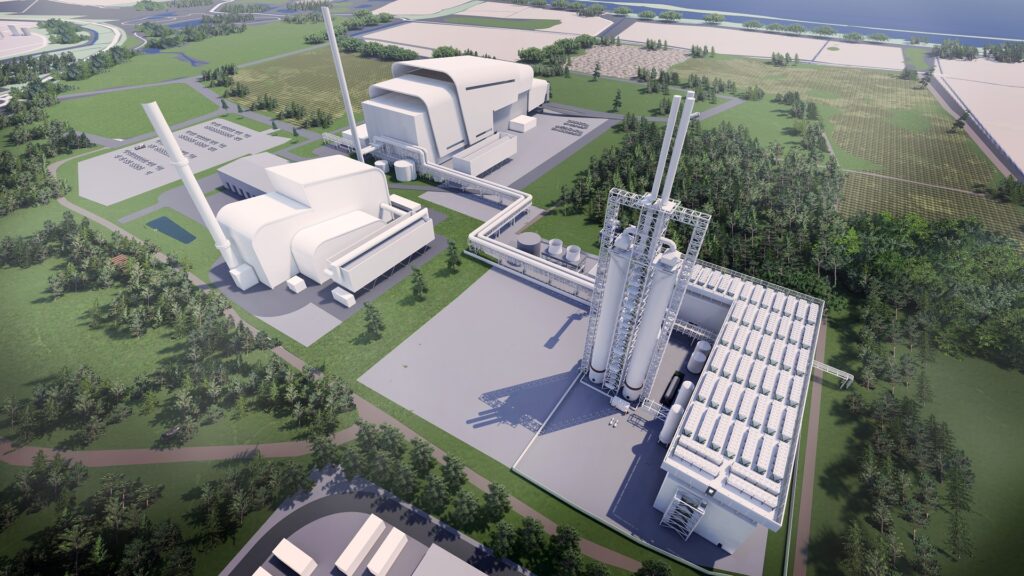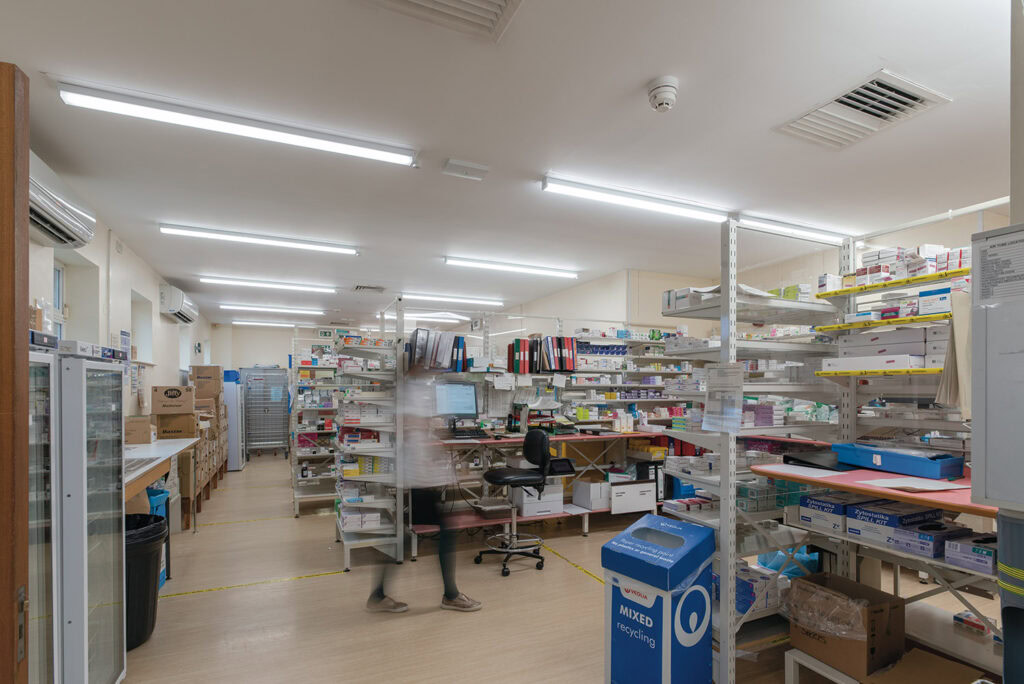The municipal waste strategy entitled Londons Wasted Resources covers a full spectrum of waste treatment and recycling initiatives with particular emphasis on minimalising the carbon impact of Londons waste and investment in new waste management infrastructure. A business waste strategy entitled Making Business Sense of Waste was also published.

The municipal waste strategy covers Londons waste management and recycling treatment from 2011 to 2031 and is designed to combat Londons overriding need to manage its municipal waste more effectively and efficiently.
The draft version was published in January 2010 (see letsrecycle.com story) and while many of the key targets (see below) remain the same, there are some changes.
Notably, the Mayor has lowered his repair and reuse target from 120,000 tones-a-year by 2031 to 30,000 tonnes-a-year. At present, 6,000 tonne-a-year of material is repaired or reused.
There is also a slightly stronger focus on producing energy from waste, with the Mayor making it a key priority to generate as much energy as practicable from Londons organic and non-recycled waste in a way that is no more polluting in carbon terms than the energy source it is replacing. This is estimated to be possible for about 40 per cent of Londons municipal waste after recycling or composting targets are achieved by 2031.’
The Mayors key targets are:
- Achieve zero municipal waste direct to landfill by 2025
- Reduce the amount of household waste produced from 970kg to 790kg per household in 2031
- Increase Londons capacity to reuse or repair from 6,000 tonnes-a-year to 30,000 by 2031
- Recycle or compost at least 60% by 2031
- Cut greenhouse emissions by one million tonnes by 2031
- Generate as much energy as possible from organic and non-recyclable waste
Mayor Johnson said the municipal waste strategy seeks to establish London as a world class manager of its municipal waste allowing Londoners to have an impact on the environment both locally and globally. Heclaimed that managing waste in a more sustainable manner would save the capital 77 million-a-year.
Mayor Johnson claimed a business as usual approach was no longer acceptable particularly when the growing concerns around energy security, climate change and the rising costs of landfill are taken into account. Mayor Johnson highlighted that the emergence of commercially available technologies was also a contributing factor.
The cost of disposing of Londons municipal waste is approximately 580 million-a-year. Nearly 50% of Londons municipal waste is sent to landfill costing local councils approximately 265 million every year which is set to increase as landfill tax expected to rise from 56 per tonne in 2011 to 80 a tonne by 2014.
New infrastructure
A need for new waste infrastructure is highlighted throughout the strategy enabling London to reprocess recyclable materials, to recover as much material as possible from residual waste and to generate new renewable energy from waste.
It notes that The London Waste and Recycling Board (LWARB) is already funding the development of a pre-treatment infrastructure to support waste authorities that are struggling to find cost effective ways to recycle.
Targets
Included in the strategy are long-term targets for waste management and recycling in the capital. The key target is to achieve zero municipal waste direct to landfill by 2025. This will be supported by the target aiming to reduce household waste produced by 20% from 970kg per household per year in 2009/10 to 790kg in 2031.
Other targets highlighted in the strategy include the reduction of London greenhouse gas emissions to prevent one million tonnes of C02 by 2031.
The generation of energy through the incineration, along with other treatments, of municipal waste was also highlighted. Currently neither of Londons two incinerators, in Rainham and Beddington, use the heat produced by the incineration process. The strategy highlighted that incineration using combined heat and power could provide a carbon neutral alternative.
Other targets laid out in the strategy include increasing Londons current recycling and composting rate of 25% to at least 45% by 2015 and 60% by 2031. The strategy highlighted that a recycling, including composting and reuse, rate of between 45% and 67% was achievable.
Flats
The strategy quoted findings from a GLA survey of London boroughs in 2009/10 which found that flats and estates tend to have a lower than average recycling and composting rate, often around 10%.

However the strategy highlighted the problems that contribute to the recycling rate. Boroughs with a high volume of flats and high-rise buildings often have low recycling rates as there is often a lack of space for recycling storage and difficulty transporting recyclables to the collection point. The strategy also highlighted that accessibility for collection vehicles can also prove problematic.
Businesses
The Mayors business waste strategy, Making Business Sense of Waste, tackles Londons increasing problem of business waste, both from the commercial and industrial (C&I) and construction, demolition and excavation (CDE).
The Mayor hopes to achieve a 70% reuse, recycling and composting rate of C&I waste by 2020 and a 95% rate of CDE within the same time. The Mayor believes this can be achieved by encouraging businesses to become more resource efficient to help London shift towards becoming a low-carbon society.
The strategy highlights the steps that the Mayor will take to help businesses identify and implement waste prevention measures and increase the uptake of recycled or reclaimed materials used.
To mark the launch of the business waste strategy Mayor Johnson attended an event in Trafalgar Square today entitled Feeding the 5,000. The event promoted the work of charities such as FareShare and FoodCycle which distribute waste food from businesses to vulnerable people.
Speaking at the event Mayor Johnson said: Throwing away mountains of perfectly edible food is crazy at a time when all Londoners are feeling the pinch. I want to do all I can to help people to cut waste, save cash by doing so and improve our great city. This is why I am determined to cut the amount of food needlessly sent to landfill.











Subscribe for free